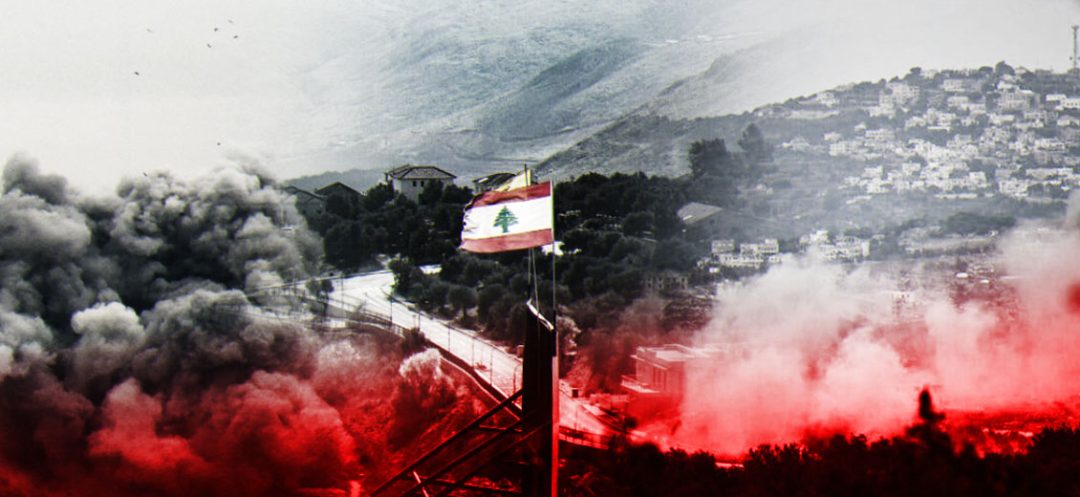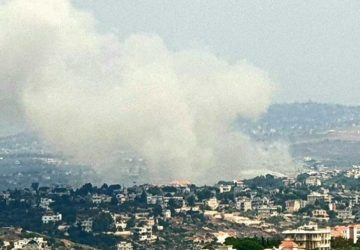Listen to the article
The connection between the southern Lebanese front and the Gaza war occurred the day after the events of October 7, 2023, when Hezbollah initiated a surprise attack on Israel, indicating a linkage between the two fronts which – it soon became apparent – would be irreversible. The war in the South was described as the “support front” for Gaza, which has been under continuous Israeli bombardment for more than eight months, except for a brief truce that lasted only a few days.
Practically, what is happening in southern Lebanon and the northern occupied Palestinian territories is a full-fledged war, and it cannot be classified as anything less than that, regardless of whether it is “regulated” within certain rules of engagement or does not exceed specific geographical boundaries. That being said, it has not yet been called the “expanded war,” which would be a real disaster for Lebanon, subjecting it to all forms of bombardments that would not spare any city, village, infrastructure, bridge or facility.
Thus, if escalation on the southern front is considered a taste of things to come, it is certain that the expanded war will be no walk in the park for either side. Lebanon will pay a high price and suffer enormous losses on various levels, and Hezbollah’s offensive capabilities will not spare the other side, especially with the party’s Secretary-General Hassan Nasrallah declaring early on after the outbreak of the war that any expansion of the conflict would be met with “no military limits” responses.
Whatever the case may be, the connection between the Gaza and Lebanon fronts has become entrenched, and hoping for its disengagement seems like negotiating outside the available contexts and far from the ceilings set directly or indirectly between the two warring parties, prolonging the war and making it unlikely to end without getting out of the quagmire Israel has sunk into in Gaza, despite all the systematic destruction it has inflicted on the strip, rendering it uninhabitable.
The idea proposed by Washington for Hezbollah to withdraw 8 km away from the southern Lebanese border seems impractical without a parallel Israeli action. It has become clear – Hezbollah repeated it incessantly – that the pro-Iranian militia is not ready to offer gifts to Israeli Prime Minister Benjamin Netanyahu to save him from his predicament.
If the continuation of the war linkage has become almost certain after long months of fighting, the equally significant challenge lies in the simultaneous cessation of fire on both fronts when the war ends, based on the premise that every conflict has an end at a certain political moment. The main question revolves around the Israeli stance after the end of the Gaza war and its willingness to automatically extinguish the southern Lebanon front at that point.
It is no secret that the political disputes within Israel are very intense, ranging from right-wing to more extreme right-wing proposals. This ongoing bickering may lead Netanyahu to launch a war on Lebanon to break his internal isolation and escape the predicaments that will haunt him regardless after the Gaza war ends.
In Lebanon, as much as it is necessary to maintain the climate of public freedoms that allows various parties to express their differing, even contradictory views at times, the current political reality requires a level of dissociation suitable to the significant dangers and major challenges facing Lebanon, which are unprecedented at all levels.





